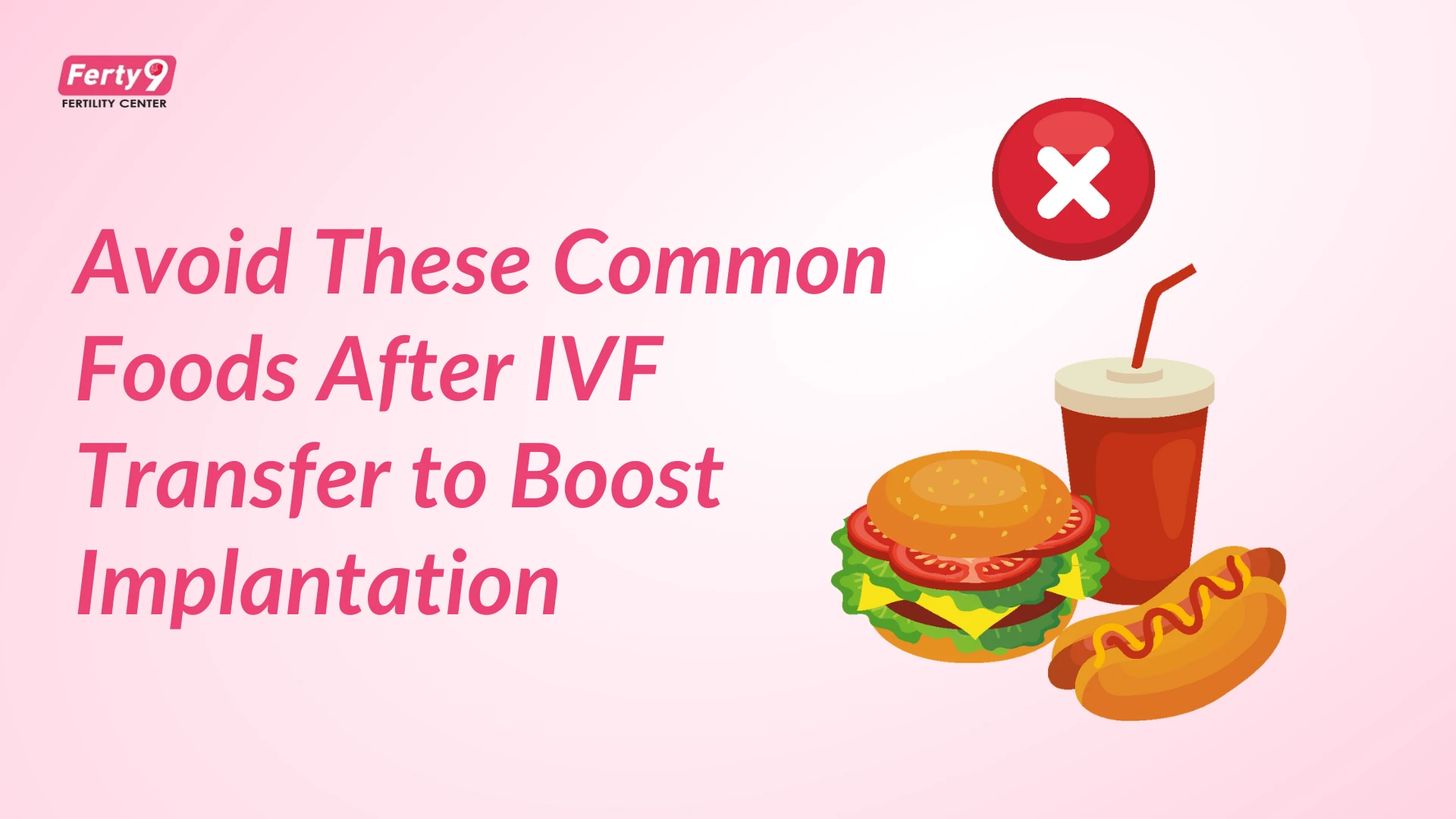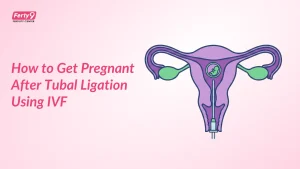The two-week wait after an IVF embryo transfer is a time of great hope and anticipation. You have done everything to get to this point, and now you want to give your tiny embryo the very best chance to implant and grow. While many factors are out of your hands, your diet is something you can control to create a nurturing environment for a potential pregnancy.
This guide will walk you through the specific foods and drinks to avoid after your IVF transfer to help support successful implantation and improve your chances of a positive outcome.
Why Diet Matters After IVF Transfer
Nutrition plays a critical role in preparing your body for pregnancy. A healthy diet helps create a receptive uterine lining, balances hormones, and reduces inflammation—all of which are crucial for an embryo to successfully implant. Just as some foods can help, others can potentially interfere with this delicate process. Avoiding these foods is a simple, proactive step you can take during this critical time.
General Dietary Guidelines Post IVF Transfer
Before we get to what to avoid, here are three simple rules to follow:
- Focus on Balanced Meals: Eat simple, home-cooked, nutrient-rich foods.
- Stay Hydrated: Drink plenty of water throughout the day.
- Be Consistent: Avoid making any sudden, drastic changes to your diet. Stick to a healthy and balanced routine.
Foods to Avoid After IVF Transfer (Detailed List)
To give your embryo the best possible start, it’s wise to steer clear of the following foods and drinks.
Processed and Junk Foods
These foods are often high in trans fats, excess salt, sugar, and preservatives, which can cause inflammation and are not ideal for a healthy pregnancy.
- Examples: Packaged chips, biscuits, instant noodles, fast food (burgers, pizza), and frozen meals.
High-Mercury Fish and Raw Seafood
Mercury is a heavy metal that can be harmful to a developing baby’s nervous system. Raw seafood carries a risk of bacterial contamination.
- Avoid: Large sea fish like shark, swordfish, and king mackerel.
- Instead, Choose: Safer options like salmon or small local fish, but ensure they are thoroughly cooked. Avoid raw fish like sushi completely.
Unpasteurized Dairy Products
Unpasteurized or “raw” milk and cheese can contain harmful bacteria like Listeria, which is risky during pregnancy.
- Avoid: Raw milk, homemade paneer or cheese made from unpasteurized milk.
- Instead, Choose: Packaged, pasteurized milk, yogurt, and cheese from trusted brands.
Undercooked or Processed Meats
Raw or undercooked meat and eggs can carry bacteria and parasites like Toxoplasma and Salmonella.
- Avoid: Cold cuts, deli meats, sausages, and any meat or egg that is not cooked all the way through.
- Instead, Choose: Freshly cooked, well-done meat and poultry.
Caffeinated Drinks
Excessive caffeine intake has been linked to a higher risk of miscarriage and may interfere with implantation.
- Limit: Keep your intake below 200 mg per day (roughly one small cup of coffee or two cups of tea).
- Instead, Choose: Water, coconut water, or caffeine-free herbal teas (approved by your doctor).
Alcoholic Beverages
There is no known safe amount of alcohol during pregnancy or while trying to conceive.
- Avoid Completely: All forms of alcohol, including beer, wine, and spirits. Alcohol can negatively impact embryo development and hormonal balance.
High-Sugar Foods
Foods high in refined sugar can cause sharp spikes in your blood sugar and insulin levels, which can disrupt the delicate hormonal balance needed for a successful pregnancy.
- Avoid: Sweets, desserts, sugary sodas, packaged fruit juices, and candies.
Herbal Teas and Supplements (Unverified Safety)
While many herbs are natural, not all are safe during this critical period. Some can trigger uterine contractions or interfere with hormones.
- Be Cautious With: Herbs like aloe vera, licorice root, and ginseng. Always consult your Ferty9 doctor before taking any herbal supplements or teas.
Foods That Support Implantation (Quick Recommendations)
While avoiding the foods above, focus on including these nourishing options:
- Leafy Greens: Spinach (palak), fenugreek (methi).
- Fruits: Berries, pomegranates, and bananas.
- Whole Grains: Brown rice, oats, and whole wheat roti.
- Lean Proteins: Lentils (dal), chickpeas, eggs, and chicken.
- Healthy Fats: Walnuts, chia seeds, flaxseeds, and avocado.
- Continue your prenatal vitamins, especially those rich in folate.
Lifestyle Tips to Complement Diet
Your diet is most effective when combined with a healthy lifestyle.
- Engage in gentle exercise like walking.
- Practice stress management through meditation or deep breathing.
- Get adequate rest and aim for 8 hours of sleep per night.
- Avoid smoking and exposure to second-hand smoke completely.
Consulting Your Fertility Specialist or Dietitian
This guide provides general recommendations, but your body is unique. For a personalized diet plan tailored to your specific health needs, it is always best to consult with your Ferty9 specialist or a qualified dietitian.
Summary
During the crucial two-week wait after your IVF transfer, you can support your body and your embryo by focusing on a nurturing, healthy diet. By avoiding processed foods, high-mercury fish, unpasteurized dairy, alcohol, and excessive sugar and caffeine, you create the best possible environment for implantation.
Focus on whole, nourishing foods to improve your chances of success. The entire team at Ferty9 is here to support you on this journey.




























